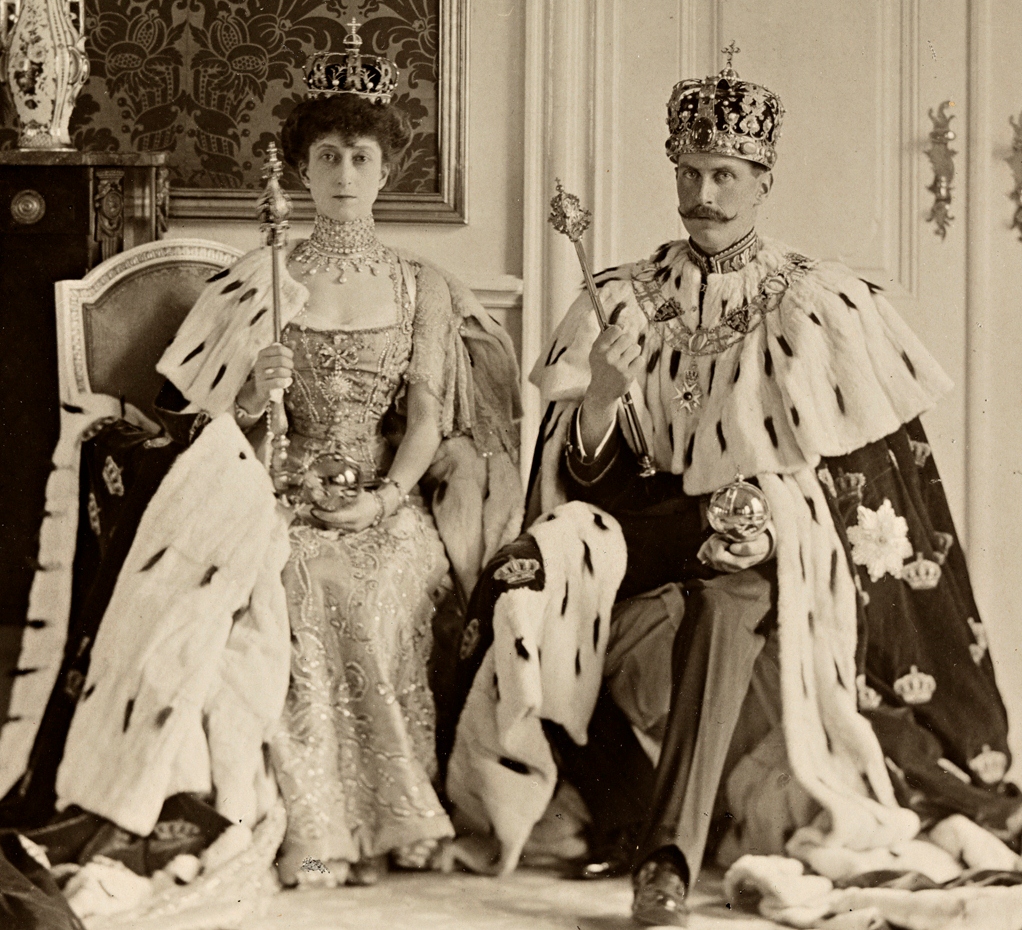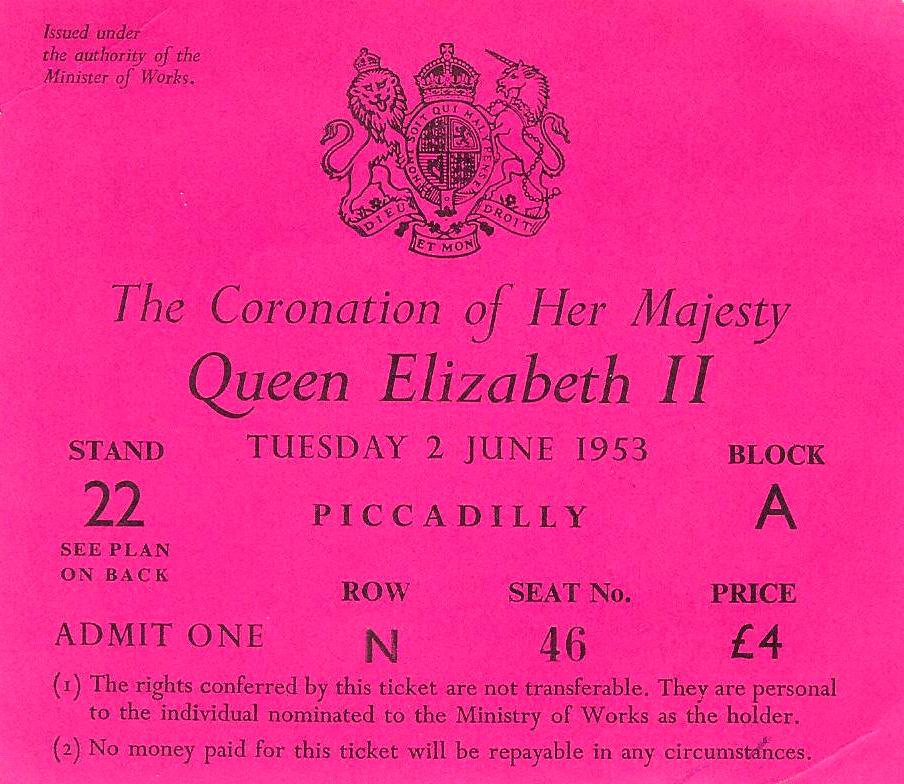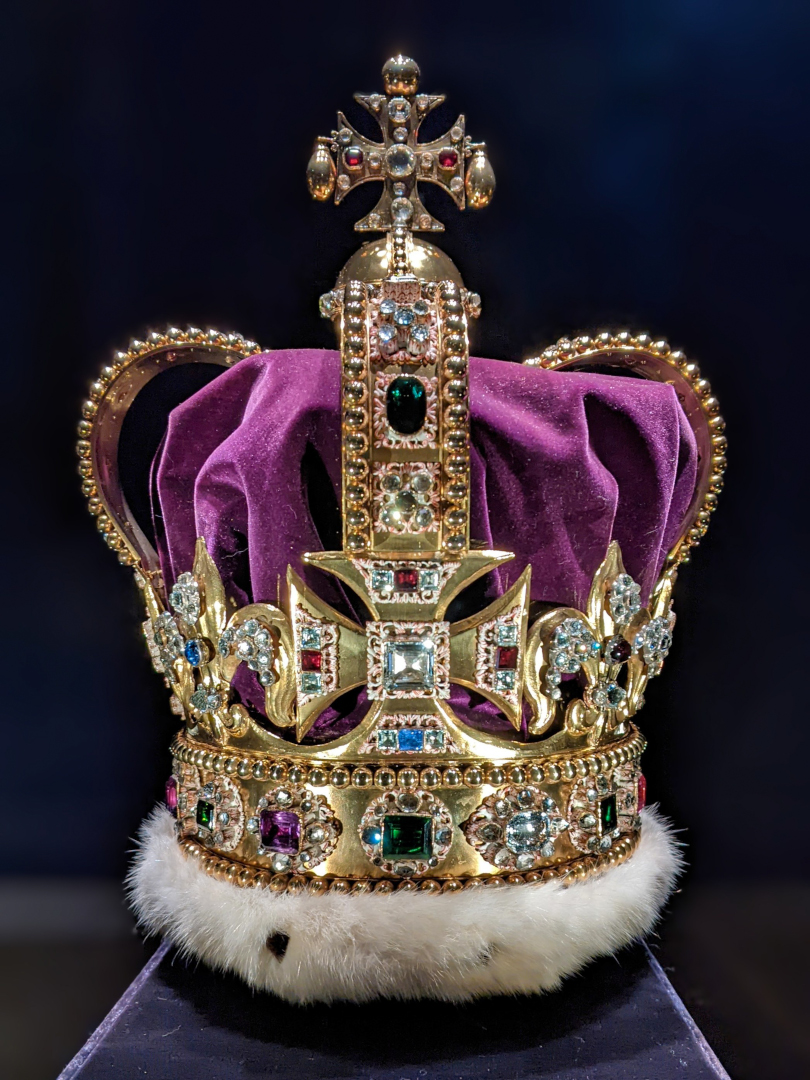|
Armillae
An armill or armilla (from the Latin: ''armillae'' remains the plural of armilla) is a type of medieval bracelet, or armlet, normally in metal and worn in pairs, one for each arm. They were usually worn as part of royal regalia, for example at a coronation, or perhaps as part of especially grand liturgical vestments. They may have been worn outside ceremonies. Armillae presumably descend from the Ancient Roman armilla, which was a form of military decoration. These in turn seem to have developed from the armlets worn by some "barbarian" nations, including the ancient Celts and Scots. The form is variable; all three examples discussed below have completely different forms. Medieval survivals are vanishingly rare; the most famous pair is now divided between the Louvre and the Germanisches Nationalmuseum in Nuremberg (illustrated), having once been in the Hermitage Museum. These were found in the tomb of Andrei Bogolyubsky, Grand prince of Vladimir-Suzdal (d. 1174), in Vladimir, ... [...More Info...] [...Related Items...] OR: [Wikipedia] [Google] [Baidu] |
Armilla (military Decoration)
An ''armilla'' (plural ''armillae'') was an armband awarded as a military decoration (''donum militarium'') to soldiers of ancient Rome for conspicuous gallantry. Legionary (citizen) soldiers and non-commissioned officers below the rank of centurion were eligible for this award, but non-citizen soldiers were not. Unlike legionaries, auxiliary common soldiers did not receive individual decorations, though auxiliary officers did. However, a whole auxiliary regiment could be honoured by a title as an equivalent award, which in this case would be ''armillata'' ("awarded bracelets"), or be granted Roman citizenship ''en masse'' as a reward. This entitled an auxiliary regiment to add the appellation ''civium Romanorum'' (Roman citizens) to its list of honours. ''Armillae'' were either gold, silver or bronze. The status of the recipient appears to have determined whether he would be granted a gold ''armilla'' or the lesser silver. Bronze ''armillae'' were given as awards for distingu ... [...More Info...] [...Related Items...] OR: [Wikipedia] [Google] [Baidu] |
Regalia
Regalia is a Latin plurale tantum word that has different definitions. In one rare definition, it refers to the exclusive privileges of a sovereign. The word originally referred to the elaborate formal dress and dress accessories of a sovereign, but now the word usually refers to any type of elaborate formal dress and dress accessories. The word stems from the Latin substantivation of the adjective ''regalis'', "regal", itself from ''rex'', "king". It is sometimes used in the singular, ''regale''. In the abstract The term can refer to the rights, prerogatives, and privileges that are held exclusively by any sovereign, regardless of title (emperor, grand duke, etc.). An example of that is the right to mint coins, and especially coins that bear one's own effigy. In many cases, especially in feudal societies and generally weak states, such rights have in time been eroded by grants to, or usurpations by, lesser vassals. Royal dress, accessories, and associated pomp Some em ... [...More Info...] [...Related Items...] OR: [Wikipedia] [Google] [Baidu] |
GNM - Armilla , A Canadian television news programme.
{{disambig ...
* Games 'n' Music * Gaussian network model * Gerakan Nelajan Marhaenis *Germanisches Nationalmuseum *GNM (API) * German New Medicine (Germanische Neue Medizin) a pseudo scientific, anthroposophy based medical sham *Global News Morning ''Global News Morning'' (previously known as ''Morning News'' and the ''Saturday Morning News'' or the ''Sunday Morning News'' on Saturdays and Sundays respectively and the ''Early Morning News'' from 5-6 AM) is the name of local morning newscas ... [...More Info...] [...Related Items...] OR: [Wikipedia] [Google] [Baidu] |
Nativity Of Jesus
The nativity of Jesus, nativity of Christ, birth of Jesus or birth of Christ is described in the biblical gospels of Gospel of Luke, Luke and Gospel of Matthew, Matthew. The two accounts agree that Jesus was born in Bethlehem in Judaea (Roman province), Judaea, Mary, mother of Jesus, his mother Mary was engaged to a man named Saint Joseph, Joseph, who was Davidic line, descended from King David and was not his biological father, and that his birth was Virgin birth of Jesus, caused by divine intervention. Many modern scholars consider the birth narratives unhistorical because they are laced with theology and present two different accounts which cannot be harmonised into a single coherent narrative. But many others view the discussion of historicity as secondary, given that gospels were primarily written as theological documents rather than chronological timelines. The nativity is the basis for the Christianity, Christian holiday of Christmas, and plays a major role in the Chri ... [...More Info...] [...Related Items...] OR: [Wikipedia] [Google] [Baidu] |
Southern Rhodesia
Southern Rhodesia was a landlocked self-governing British Crown colony in southern Africa, established in 1923 and consisting of British South Africa Company (BSAC) territories lying south of the Zambezi River. The region was informally known as south Zambesia until annexed by Britain at the behest of Cecil Rhodes's British South Africa Company, for whom the colony was named. The bounding territories were Bechuanaland (Botswana), Northern Rhodesia (Zambia), Moçambique (Mozambique), and the Transvaal Republic (for two brief periods instead the British Transvaal Colony, from 1910 the Union of South Africa, and then from 1961 the Republic of South Africa). This southern region, known for its extensive gold reserves, was first purchased by the BSAC's Pioneer Column on the strength of a Mineral Concession extracted from its Matabele overlord, Lobengula, and various majority Mashona vassal chiefs in 1890. Though parts of the territory were laid claim to by the Bechuana and Po ... [...More Info...] [...Related Items...] OR: [Wikipedia] [Google] [Baidu] |
Ceylon
Sri Lanka (, ; si, ශ්රී ලංකා, Śrī Laṅkā, translit-std=ISO (); ta, இலங்கை, Ilaṅkai, translit-std=ISO ()), formerly known as Ceylon and officially the Democratic Socialist Republic of Sri Lanka, is an island country in South Asia. It lies in the Indian Ocean, southwest of the Bay of Bengal, and southeast of the Arabian Sea; it is separated from the Indian subcontinent by the Gulf of Mannar and the Palk Strait. Sri Lanka shares a maritime border with India and Maldives. Sri Jayawardenepura Kotte is its legislative capital, and Colombo is its largest city and financial centre. Sri Lanka has a population of around 22 million (2020) and is a multinational state, home to diverse cultures, languages, and ethnicities. The Sinhalese are the majority of the nation's population. The Tamils, who are a large minority group, have also played an influential role in the island's history. Other long established groups include the Moors, the Burghers, ... [...More Info...] [...Related Items...] OR: [Wikipedia] [Google] [Baidu] |
Commonwealth Of Nations
The Commonwealth of Nations, simply referred to as the Commonwealth, is a political association of 56 member states, the vast majority of which are former territories of the British Empire. The chief institutions of the organisation are the Commonwealth Secretariat, which focuses on intergovernmental aspects, and the Commonwealth Foundation, which focuses on non-governmental relations amongst member states. Numerous organisations are associated with and operate within the Commonwealth. The Commonwealth dates back to the first half of the 20th century with the decolonisation of the British Empire through increased self-governance of its territories. It was originally created as the British Commonwealth of Nations through the Balfour Declaration at the 1926 Imperial Conference, and formalised by the United Kingdom through the Statute of Westminster in 1931. The current Commonwealth of Nations was formally constituted by the London Declaration in 1949, which modernised the comm ... [...More Info...] [...Related Items...] OR: [Wikipedia] [Google] [Baidu] |
Coronation Of Queen Elizabeth II
The coronation of Elizabeth II took place on 2 June 1953 at Westminster Abbey in London. She acceded to the throne at the age of 25 upon the death of her father, George VI, on 6 February 1952, being proclaimed queen by her privy and executive councils shortly afterwards. The coronation was held more than one year later because of the tradition of allowing an appropriate length of time to pass after a monarch dies before holding such festivals. It also gave the planning committees adequate time to make preparations for the ceremony. During the service, Elizabeth took an oath, was anointed with holy oil, was invested with robes and regalia, and was crowned Queen of the United Kingdom, Canada, Australia, New Zealand, South Africa, Pakistan, and Ceylon (now Sri Lanka). Celebrations took place across the Commonwealth realms and a commemorative medal was issued. It has been the only British coronation to be fully televised; television cameras had not been allowed inside the abbey ... [...More Info...] [...Related Items...] OR: [Wikipedia] [Google] [Baidu] |
Charles II Of England
Charles II (29 May 1630 – 6 February 1685) was King of Scotland from 1649 until 1651, and King of England, Scotland and Ireland from the 1660 Restoration of the monarchy until his death in 1685. Charles II was the eldest surviving child of Charles I of England, Scotland and Ireland and Henrietta Maria of France. After Charles I's execution at Whitehall on 30 January 1649, at the climax of the English Civil War, the Parliament of Scotland proclaimed Charles II king on 5 February 1649. But England entered the period known as the English Interregnum or the English Commonwealth, and the country was a de facto republic led by Oliver Cromwell. Cromwell defeated Charles II at the Battle of Worcester on 3 September 1651, and Charles fled to mainland Europe. Cromwell became virtual dictator of England, Scotland and Ireland. Charles spent the next nine years in exile in France, the Dutch Republic and the Spanish Netherlands. The political crisis that followed Cromwell's death in 1 ... [...More Info...] [...Related Items...] OR: [Wikipedia] [Google] [Baidu] |
Crown Jewels Of The United Kingdom
The Crown Jewels of the United Kingdom, originally the Crown Jewels of England, are a collection of royal ceremonial objects kept in the Tower of London which include the Coronation of the British monarch, coronation regalia and vestments worn by British monarchs. Symbols of over 800 years of monarchy, the coronation regalia are the only working set in Europe and the collection is the most historically complete of any regalia in the world. Objects used to invest and crown British monarchs variously denote their role as head of state of the United Kingdom and other countries of the Commonwealth of Nations, Commonwealth, Supreme Governor of the Church of England, and head of the British armed forces. They feature heraldic devices and national emblems of England, Scotland, Wales and Northern Ireland. Use of regalia by monarchs in England can be traced back to when it was converted to Christianity in the Early Middle Ages. A permanent set of coronation regalia, once belonging to E ... [...More Info...] [...Related Items...] OR: [Wikipedia] [Google] [Baidu] |
Slovakia
Slovakia (; sk, Slovensko ), officially the Slovak Republic ( sk, Slovenská republika, links=no ), is a landlocked country in Central Europe. It is bordered by Poland to the north, Ukraine to the east, Hungary to the south, Austria to the southwest, and the Czech Republic to the northwest. Slovakia's mostly mountainous territory spans about , with a population of over 5.4 million. The capital and largest city is Bratislava, while the second largest city is Košice. The Slavs arrived in the territory of present-day Slovakia in the fifth and sixth centuries. In the seventh century, they played a significant role in the creation of Samo's Empire. In the ninth century, they established the Principality of Nitra, which was later conquered by the Principality of Moravia to establish Great Moravia. In the 10th century, after the dissolution of Great Moravia, the territory was integrated into the Principality of Hungary, which then became the Kingdom of Hungary in 1000. In 1241 a ... [...More Info...] [...Related Items...] OR: [Wikipedia] [Google] [Baidu] |
Cloisonné
Cloisonné () is an ancient technique for decorating metalwork objects with colored material held in place or separated by metal strips or wire, normally of gold. In recent centuries, vitreous enamel has been used, but inlays of cut gemstones, glass and other materials were also used during older periods; indeed cloisonné enamel very probably began as an easier imitation of cloisonné work using gems. The resulting objects can also be called cloisonné. The decoration is formed by first adding compartments (''cloisons'' in French) to the metal object by soldering or affixing silver or gold as wires or thin strips placed on their edges. These remain visible in the finished piece, separating the different compartments of the enamel or inlays, which are often of several colors. Cloisonné enamel objects are worked on with enamel powder made into a paste, which then needs to be fired in a kiln. If gemstones or colored glass are used, the pieces need to be cut or ground into the sh ... [...More Info...] [...Related Items...] OR: [Wikipedia] [Google] [Baidu] |

.jpg)








